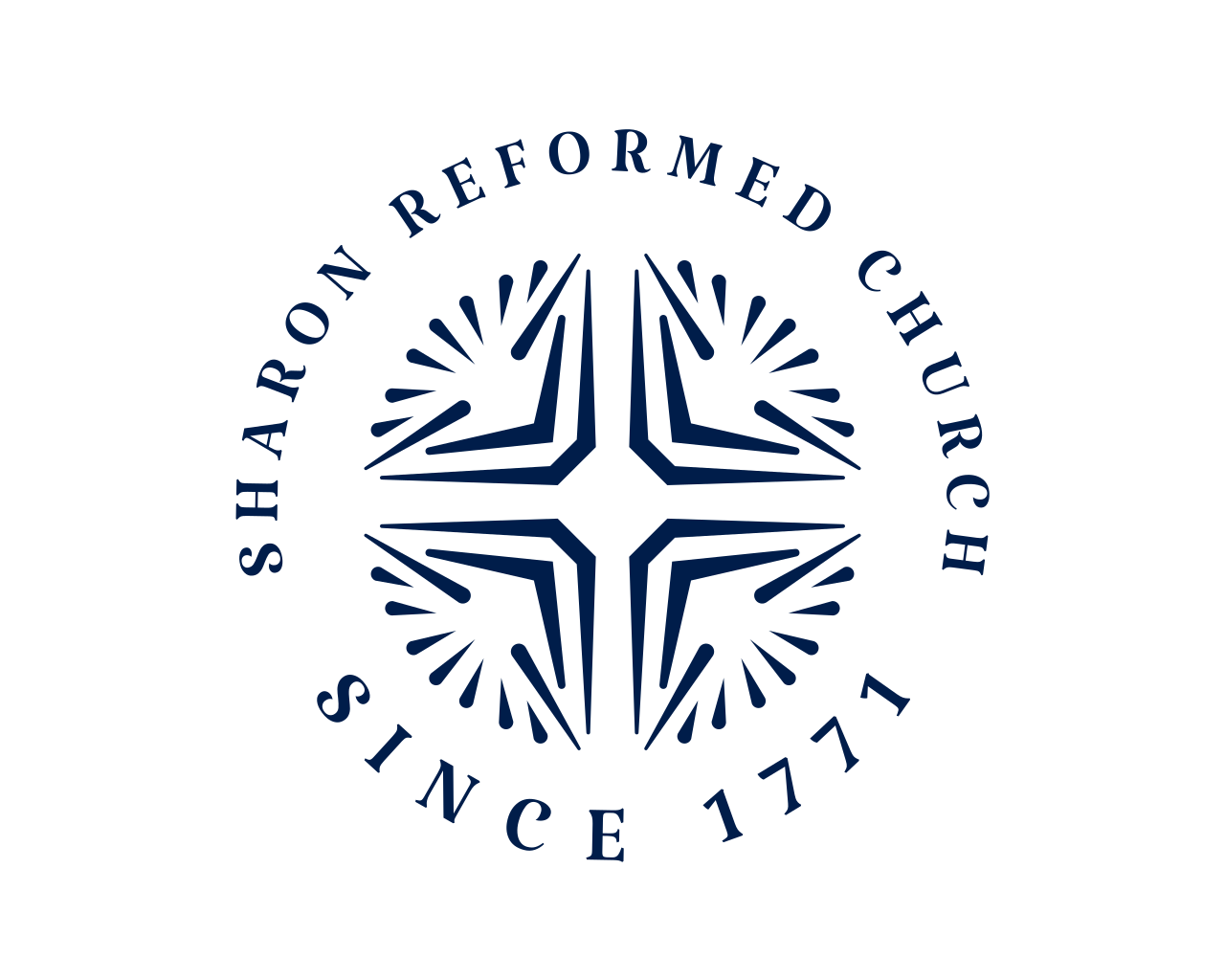What We Believe
- Overview: Sharon Reformed Church embraces the historic Christian creeds and confessions as foundational to their faith. They uphold the Apostles’, Nicene, and Athanasian Creeds, which articulate essential Christian beliefs. Additionally, they affirm Reformed confessions like the Belgic Confession, the Belhar Confession, the Canons of Dort, and the Heidelberg Catechism. These documents are considered faithful to the teachings of the Bible. The Alliance also acknowledges contemporary statements such as the Great Lakes Catechism on Marriage and Sexuality, reflecting ongoing theological engagement.
- Apostles’ Creed: This creed is a succinct summary of the apostles’ teachings, believed to have been composed in the early centuries of Christianity. It encapsulates core Christian doctrines in a brief, ordered format. Traditionally used in worship, it emphasizes belief in God the Father, Jesus Christ, and the Holy Spirit. The creed highlights key events in Jesus’ life, including his birth, crucifixion, resurrection, and ascension. It serves as a foundational statement of Christian faith and unity across various denominations.
- Athanasian Creed: Named after Athanasius, this creed elaborates on the doctrine of the Trinity and the incarnation of Christ. Although Athanasius did not write it, the creed reflects his theological influence. It asserts the co-equality and co-eternity of the Father, Son, and Holy Spirit. Emphasizing orthodox beliefs, it rejects heretical views about the nature of God and Jesus Christ. The creed is known for its precise and detailed theological affirmations, reinforcing core Christian doctrines.
- Belgic Confession: Written in 1561 by Guido de Brès, this confession was a response to religious persecution in the Netherlands. It aimed to demonstrate that Reformed Christians adhered to true Christian doctrine. The confession covers a wide range of theological topics, including the nature of God, the means of salvation, and the authority of Scripture. It was intended to explain and defend Reformed beliefs to both Protestant and Catholic authorities. The Belgic Confession remains a significant document in Reformed theology.
- Belhar Confession: Originating from the anti-apartheid movement in South Africa, the Belhar Confession was drafted in 1982. It was created by the Dutch Reformed Mission Church to address issues of racial injustice and reconciliation. The confession emphasizes unity, justice, and the church’s role in opposing oppression. It affirms that the church must stand with those who suffer and work for peace and reconciliation. The Belhar Confession has been influential in global conversations about faith and social justice.
- Canons of Dort: Formulated during the Synod of Dort (1618-1619), these canons address the theological disputes between Arminianism and Calvinism. The Synod was convened to respond to the Remonstrants, who challenged Calvinist doctrines. The Canons of Dort reaffirm the doctrines of predestination, election, and the perseverance of the saints. They are divided into four main points, each countering the Remonstrants’ positions. The canons remain a foundational text for Reformed theology, particularly regarding soteriology.
- Great Lakes Catechism on Marriage and Sexuality: This contemporary catechism provides a Reformed perspective on marriage, family, and human sexuality. It is designed as a teaching tool for church members to understand biblical views on these topics. The catechism addresses modern cultural challenges and reaffirms traditional Christian values. It seeks to guide believers in living out their faith in matters of personal and family life. The Great Lakes Catechism emphasizes the sanctity of marriage and the importance of sexual ethics grounded in Scripture.
- Heidelberg Catechism: Commissioned in 1563 in Heidelberg, Germany, this catechism was intended for teaching Reformed doctrine. It is structured around the themes of guilt, grace, and gratitude, providing a comprehensive overview of Christian beliefs. The catechism is known for its warm, pastoral tone and practical application of theology. It has been widely used for instruction in Reformed churches and is valued for its clarity and depth. The Heidelberg Catechism remains a key confessional document in the Reformed tradition.
- Nicene Creed: Formulated at the Councils of Nicea (325) and Constantinople (381), the Nicene Creed addresses heresies about the Trinity and Christ. It affirms the divinity of Jesus Christ and the Holy Spirit, as well as their relationship with God the Father. The creed was a response to Arianism, which denied the full divinity of Christ. It has been a unifying statement of faith for many Christian denominations. The Nicene Creed continues to be recited in Christian liturgy worldwide, embodying essential Christian doctrines.
